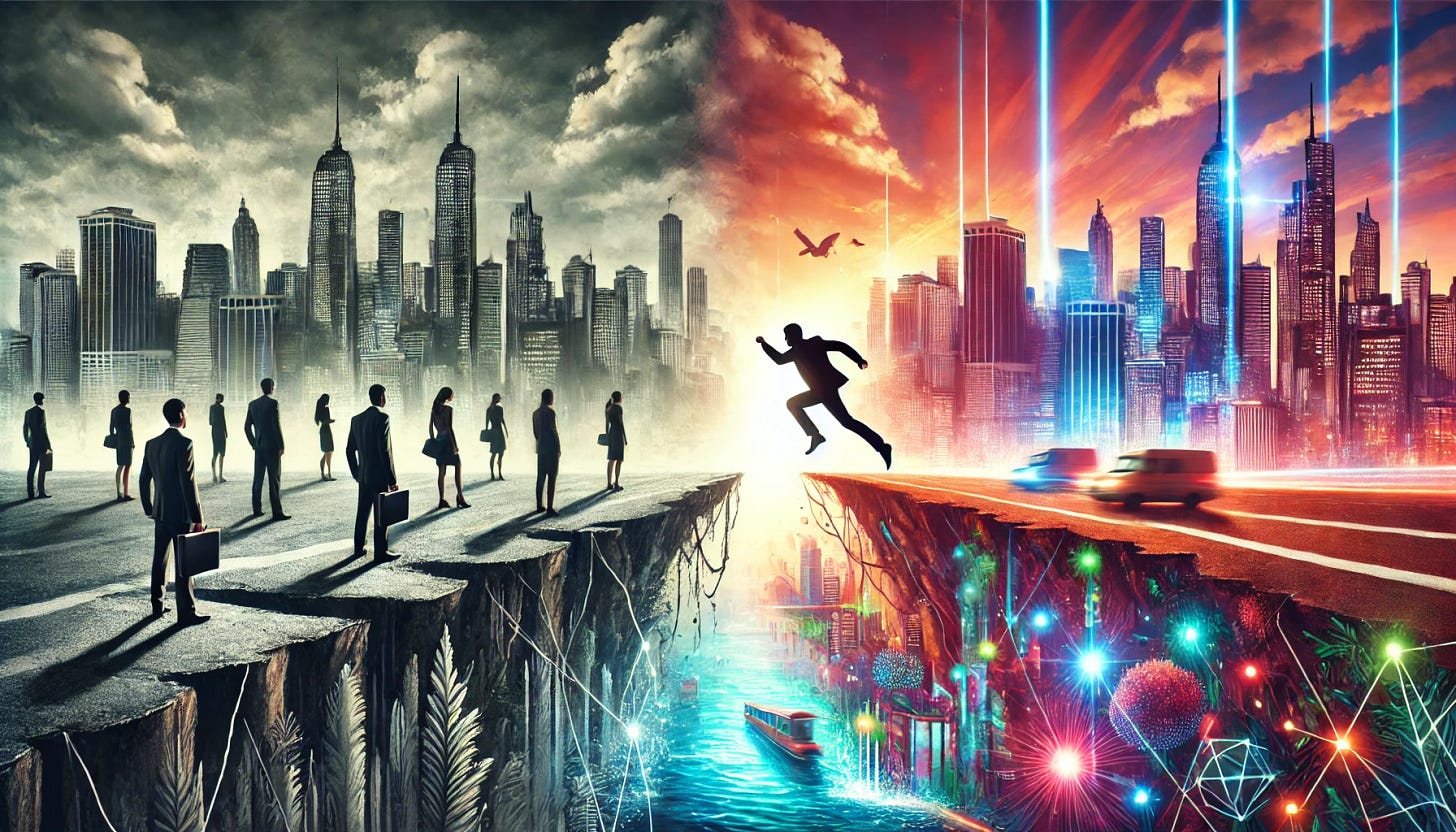The Courage Economy: Why Playing It Safe Is the Riskiest Move of All
In an age where algorithms curate our experiences and engagement metrics drive decisions, we've forgotten a fundamental truth: bland doesn't break through.
The most influential voices in history—Dylan protesting war, Nina Simone confronting racism, Marley preaching unity—weren't trying to maximize their appeal. They were willing to alienate some to deeply connect with others.
Today's artists often optimize for inoffensiveness. They polish away their edges, sanitize their opinions, and carefully curate personas designed to appeal to everyone. But in pursuing universal appeal, they achieve universal indifference.
The paradox? The safer you play it, the less safe your career actually is.
When creators share raw, unfiltered stories about their lives, they create something algorithms can't predict and competitors can't duplicate: authenticity. Their willingness to be uncomfortable creates comfort in others who recognize their own messy humanity in those stories.
We've been sold the myth that success comes from gaming the system—posting at optimal times, following trends, mimicking whatever worked yesterday. But true breakthroughs rarely come from formula. Billie Eilish's bedroom-recorded debut wasn't the product of a marketing strategy. It was weird, distinctive, and unmistakably itself.
The most valuable currency in a world drowning in content isn't perfection—it's courage. Courage to stand for something. Courage to tell uncomfortable truths. Courage to be misunderstood.
Art and culture aren't just entertainment—they're our most powerful tools for transformation. When we reduce them to mere attention-seeking vehicles, we squander their potential to change minds, heal wounds, and challenge assumptions.
The question isn't whether you have enough followers. It's whether you're following your conviction. It's not about whether you're trending. It's about whether you're true.
In a courage economy, the greatest risk isn't being disliked. It's never being truly seen at all
.


